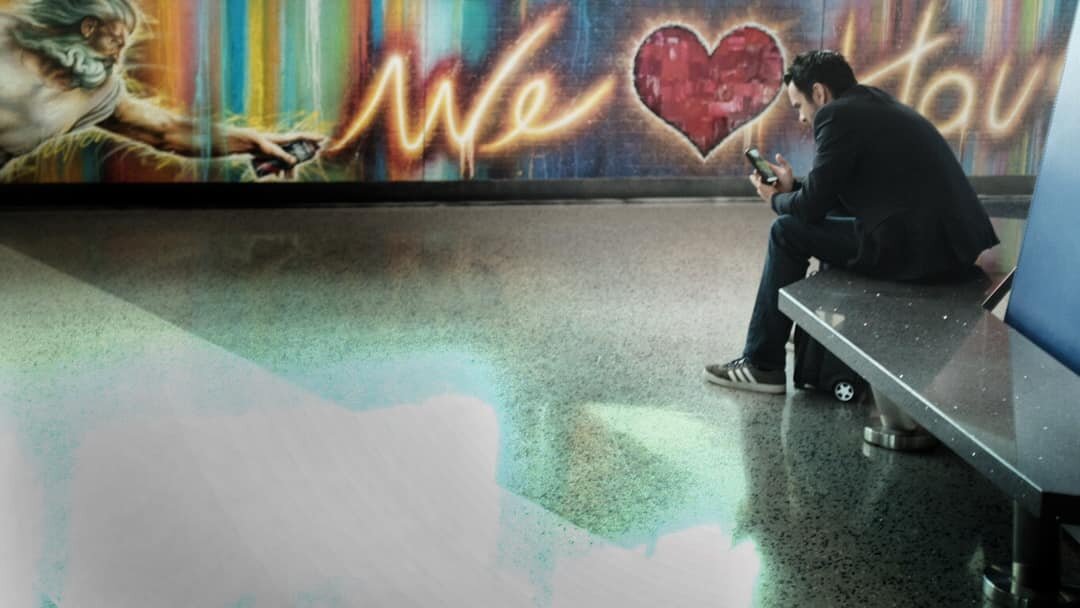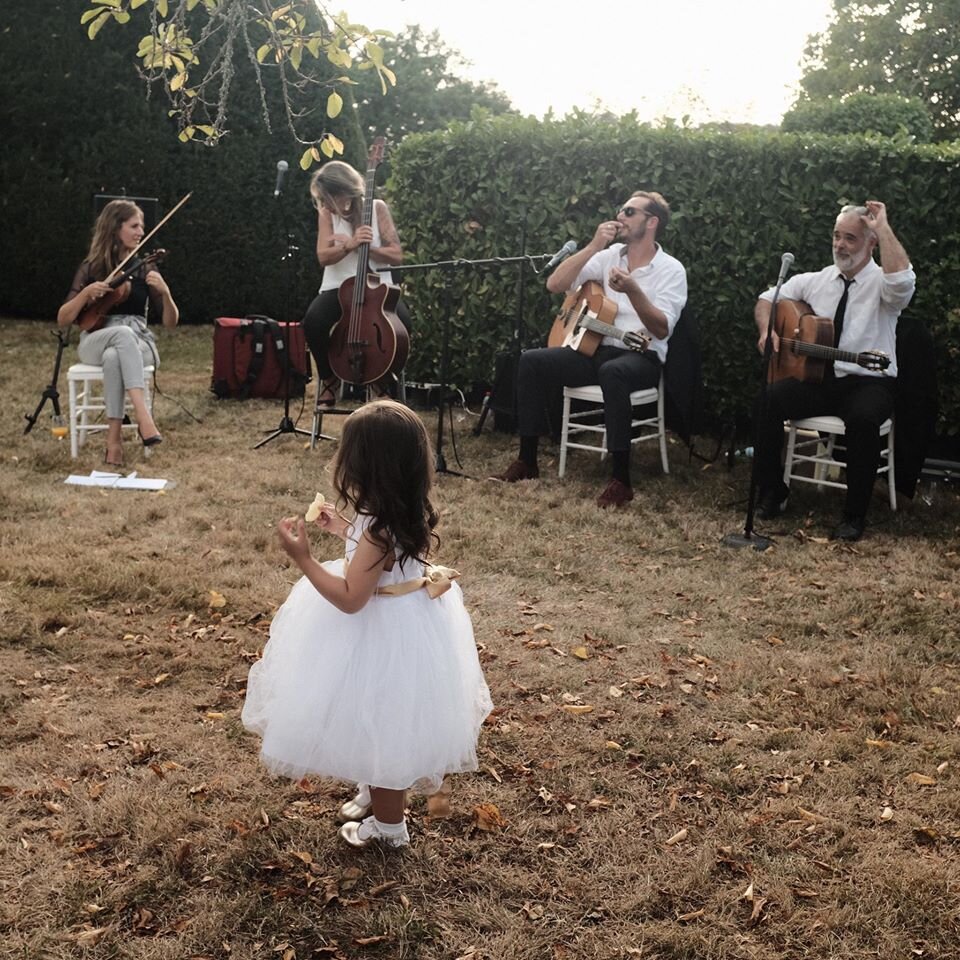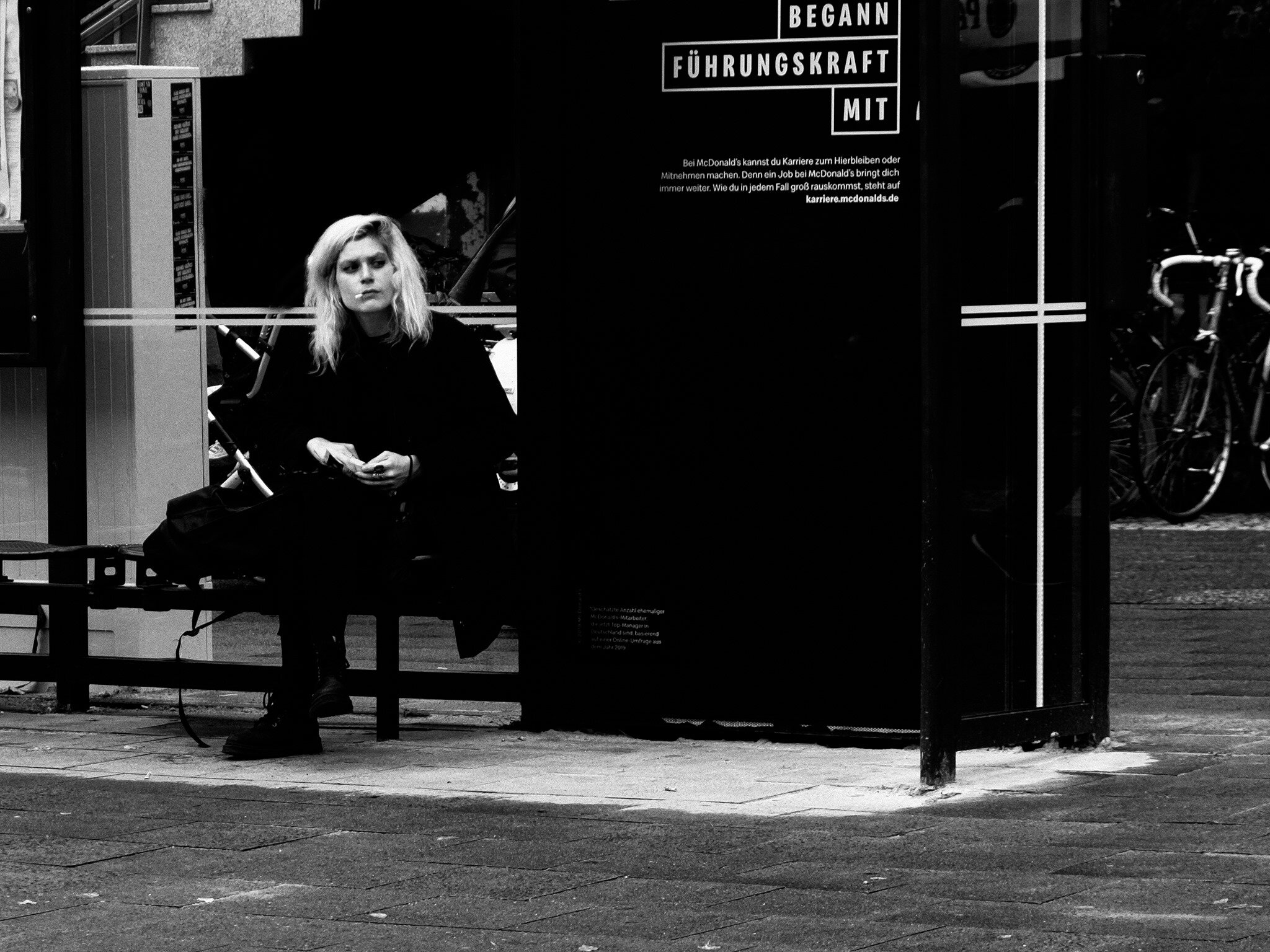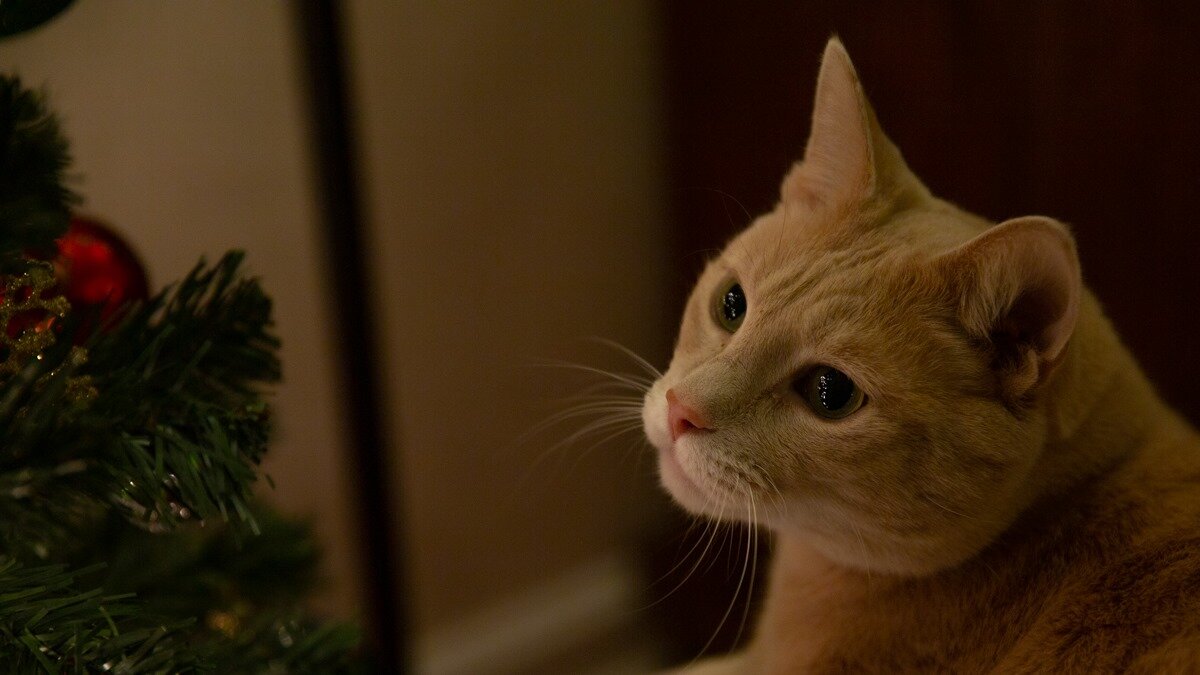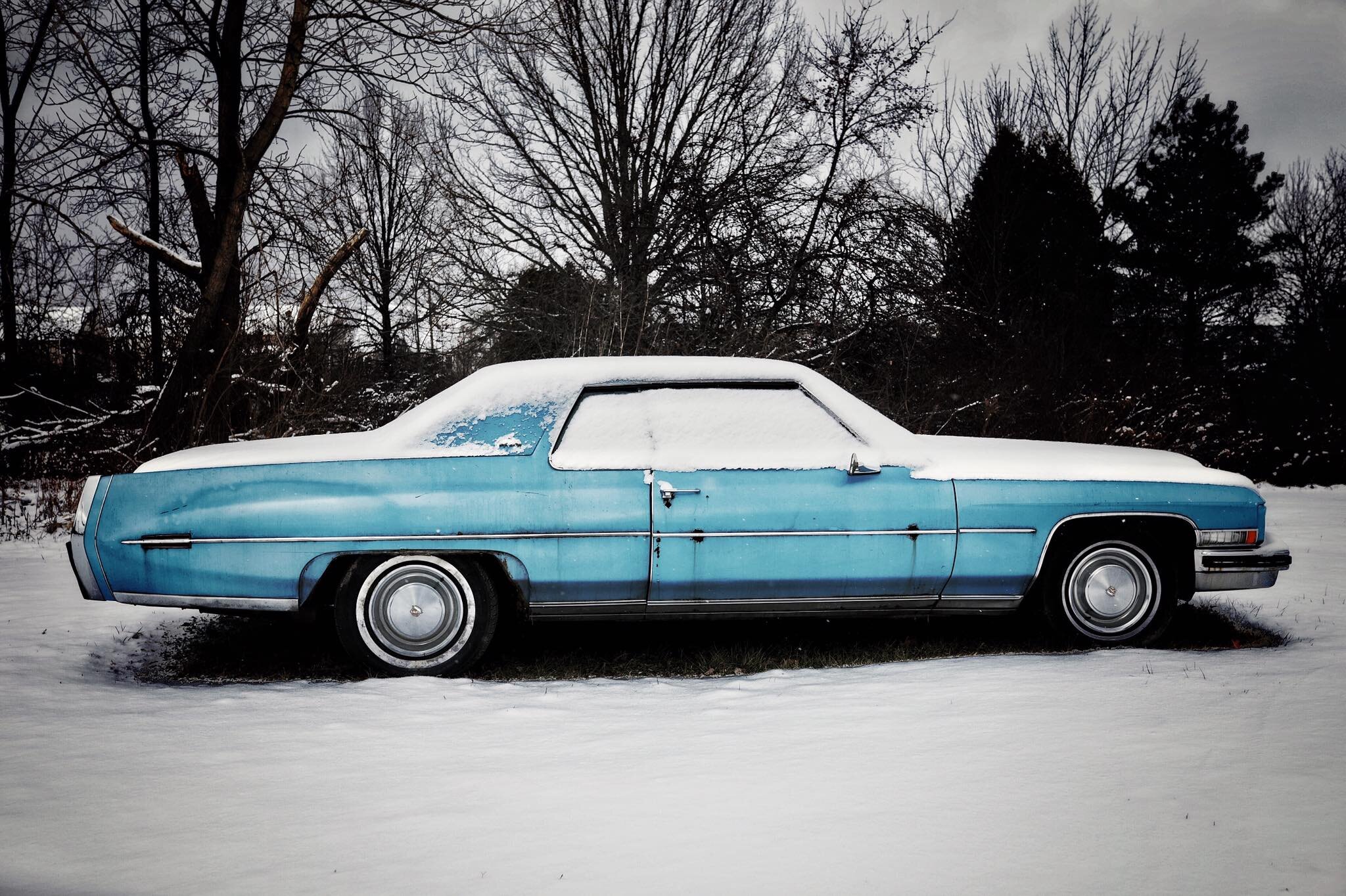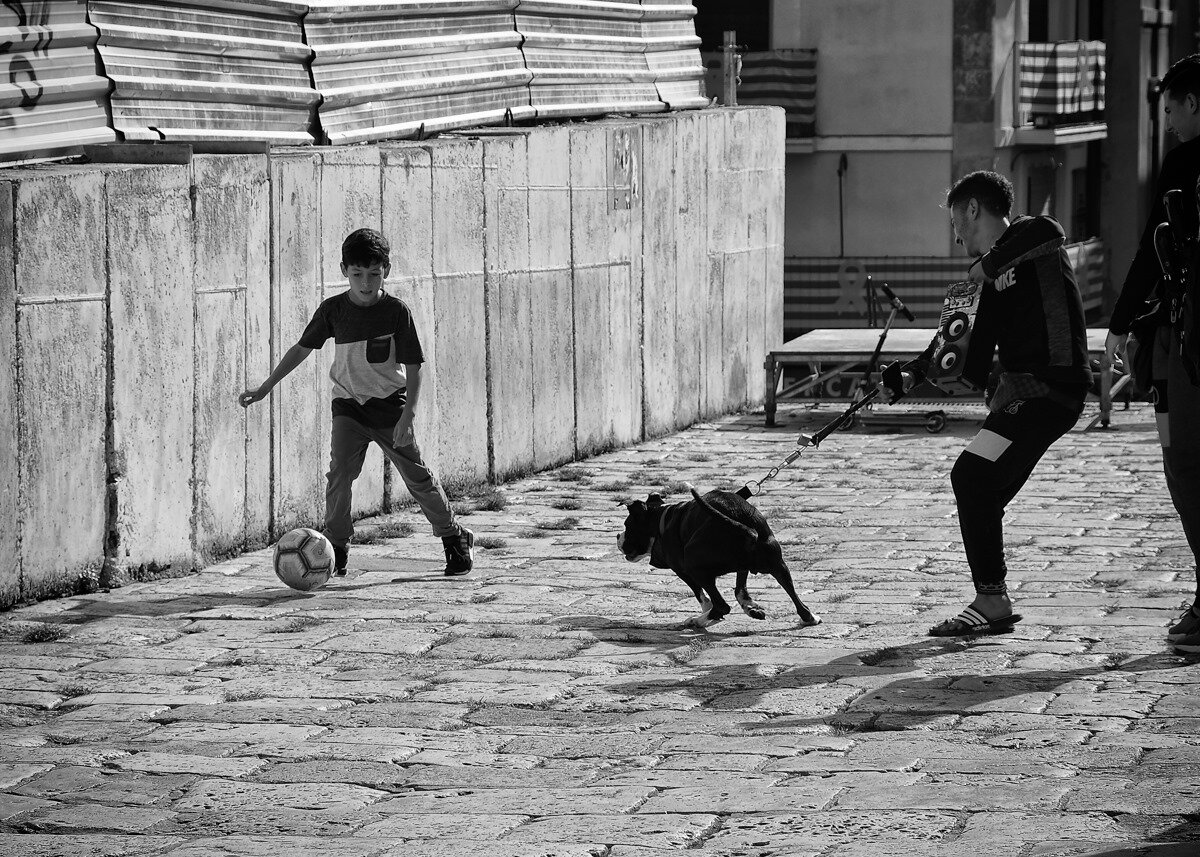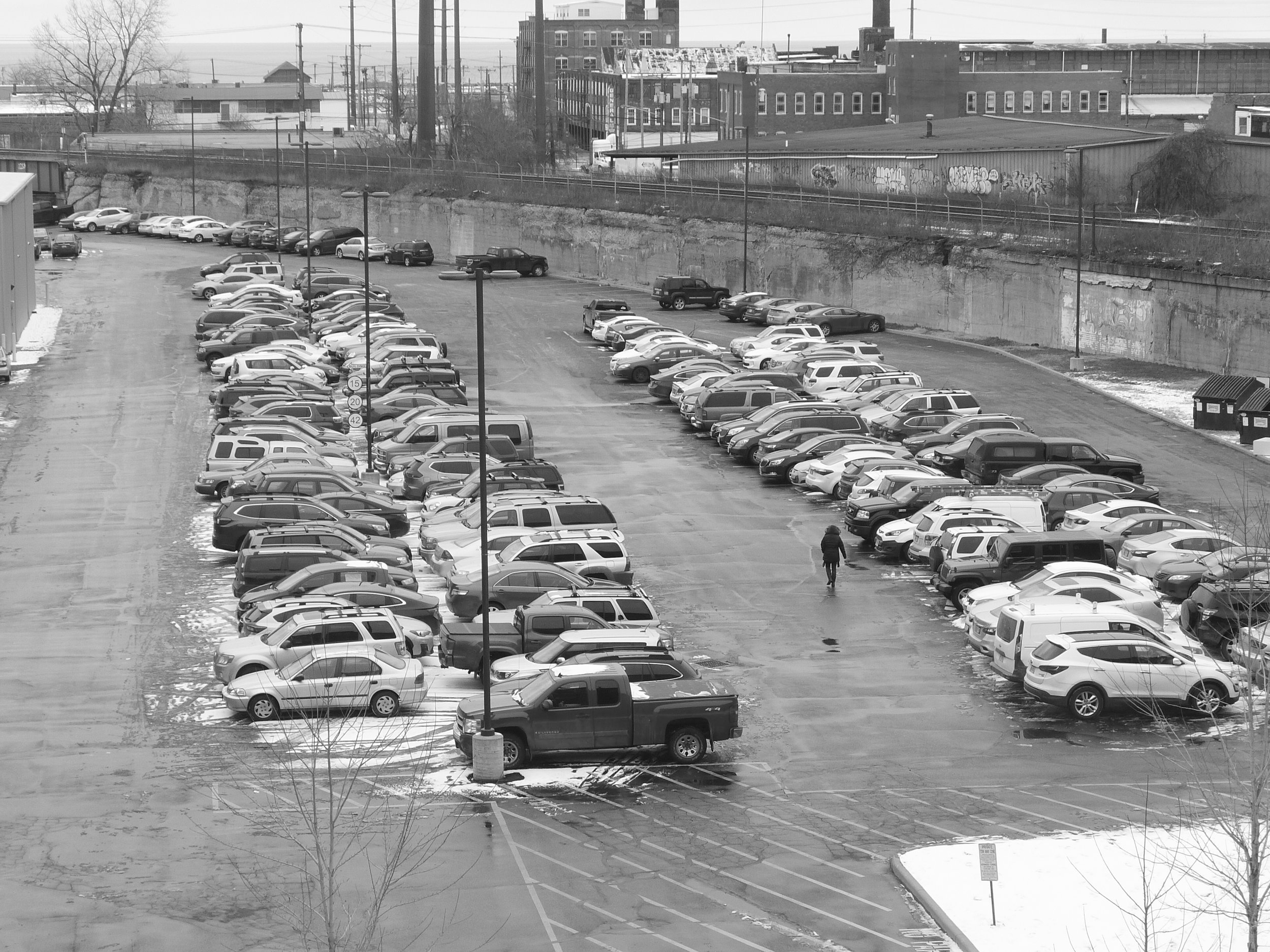August 12th, 2012
It was uncomfortably hot. New York had been in the grip of a heat wave for weeks, and the summer seemed to drag inexorably onward. The British, Suzanne knew, had not really gotten the hang of "air conditioning" over the years, which was the one thing the United States could quite fairly claim as an advantage over the United Kingdom. That and the chili.
She'd been spoiled for the last few months. She'd spent May in Washington DC, under blue skies and cherry blossoms. Then, she'd followed her boss up to New York, and she could count the minutes she had spent in unconditioned air on the fingers of one hand. She and Dr. Ellington had been in conference rooms for most of that week. She was thoroughly sick of Panera now. Fucking sandwiches, god. She'd kill for a decent portion of fish and chips. Maim, anyway.
Suzanne did enjoy the view from the various office buildings. Her gaze lingered a little on the Statue of Liberty more than a few times. Something about tired and huddled masses. A welcome before. A warning now? Stay away?
Neil said something.
"What, sorry?" Suzanne said, pulling her attention away from the New York skyline.
Dr. Ellington was looking at her from the front of the conference room. He was standing beside a huge whiteboard, marker in hand, and his disheveled smile was both amused and a little sad.
"I asked if you had anything to add to the, ah, conversation," he said apologetically (he said everything apologetically) and vaguely indicated the whiteboard. She'd seen his diagram a hundred times and knew it by heart. Even if she didn't fully understand it. She shifted her chair so it moved a foot to the right. The down-rush of cold, dry air was like a shot of espresso.
"Ah. Well," she said, turning her attention to the strangers sitting around the expansive and expensive conference room table, "I know that this all sounds crazy, but I can personally vouch for Neil, Dr. Ellington's research."
"Personally vouch?" asked one of the strangers, a woman in her mid-forties with a hard-earned CrossFit figure under nondescript business clothing. Suzanne raised an eyebrow appreciatively and was glad for the cold air. She was deeply in need of some downtime.
"Well, yes. I was there. When it happened. And before. At least twice, I mean."
The room was silent, and the strangers exchanged long, dubious glances.
"And how come you remember? Now, as opposed to when it happened. You didn't remember before," asked a man, old, scholarly, with white hair and yes, even leather elbow patches on his tweed jacket. Where did professors get those? She made a mental note to look on Amazon when she got home. They didn't have it here, which was extremely annoying.
Ellington answered on her behalf, and all attention snapped back to him. "Something changed this time," he said. "We aren't quite sure what, but it has something to do with Monarch."
Suzanne's skin crawled when he said that name, a cold, clammy clench. She shifted her chair away from the ceiling vent, but it didn't help. She stood, rolled her shoulders, trying to get comfortable.
Neil squirmed uncomfortably. He took off his glasses and cleaned them so he didn't have to look at the strangers. Or Suzanne.
"It's clear that some of their membership have had the ability to, ah, retain memories after, well. You know."
One of the strangers, clearly the alpha in Suzanne's opinion, shook his head dismissively.
"I think we've heard enough, Dr. Ellington. I've been very patient, I think, and while you might have convinced some of my more... gullible colleagues," he said this with a glance at Professor Cliché and Trying-Too-Hard-CrossFit MILF (as Suzanne had now labeled them), "I don't know if I can or should waste any more of my time or yours on this... fringe shit."
There was a subtle shifting in the group of strangers. Most of them subconsciously moved away from the believers. Two teams, us and them. Had this not been a sterile corporate boardroom, Suzanne might have been concerned. This is what it looks like before a fight, she mused. God knows, she'd been in too many of those.
"Well, I'm truly sorry you feel that way," said Ellington, and Suzanne knew he meant it. More than usual, even. He smiled sheepishly at the non-believers. "Ultimately, as a man much smarter than I once said, some things are true whether you believe in them or not."
The alpha stared narrowly at Ellington and said nothing more. He led his team out of the conference room, leaving the two believers behind. Neil's shoulders slumped a little, disappointed. He walked around the table to where he had been sitting previously, his scuffed satchel lying on the table. He gathered it up quietly.
The white-haired man had turned in his chair to watch his colleagues leave, then turned his attention back to Ellington. The CrossFit woman was now standing at the window looking out. Suzanne watched her closely. The woman's arms were tightly folded, and her whole demeanor was buttoned-up-tight, painfully so. She had a secret, Suzanne realized, more than one. She then realized that the woman was mirroring her positioning, protecting her boss just as Suzanne was protecting Neil.
"I apologize for my colleagues," said the old man. "They lack vision. And imagination. But it was important for them to be here."
Ellington tilted his head, a question.
"I'm months away from retirement," explained the man, "and they are trying to figure out which one of them will replace me on the board and as CEO. It's better for me to keep them guessing since if they knew the truth... well."
"They won't accept me as CEO," said the woman, still looking out the window.
"Ah, fuck 'em," said the old man with a sudden grin that lit up his face and made him look younger and, interestingly, a lot more fun. Suzanne could see the woman's lips twitch in amusement, but she held it in quite admirably. The board was in for a surprise when their new boss took over.
"Well," said Dr. Ellington, "I hope that we can rely upon the, ah, new leadership to continue supporting the Regency Group and our... mission. I mean research. Our research... mission."
He offered the woman a tight, hopeful smile.
The woman turned her attention away from the window, giving it fully to Suzanne, then Ellington.
"My father has long been a supporter of your work," she said. "Longer than I think even he suspects, am I right, Doctor?"
Ellington said nothing but looked down at his shoes and raised his eyebrows in a way Suzanne recognized all too well. That gesture said gosh, well, yes actually.
The woman turned her attention back to Suzanne.
"And you've been with Dr. Ellington for... how long?"
Suzanne thought about clarifying the whole "with" thing but realized that she'd just be doing it to make it clear that she wasn't in a romantic relationship with Neil and that she was gay, single, and available. She briefly examined why it mattered right now and realized, with some concern, that this woman wasn't exactly what she seemed.
And Neil would probably not appreciate his bodyguard/best friend trying to cop off with the owner of the multi-billion dollar corporation that would hopefully be providing resources for Regency, at least for the next few years. After 2015, who could tell?
Then she surprised herself by replying, "Since the mid-nineties."
There. The first twinge. This woman was going to push, and Suzanne hadn't been ready for it. This was going to suck. This was a new thing, this time around. What did the kids call it? Reading? It took some getting used to. She hadn't heard of it being used quite like this, but everyone handled their abilities in unique ways.
"And what did you do before that?"
Suzanne gritted her teeth. It physically hurt to think back across the lacuna, between the tick and tock of now and before. She felt a trickle of warmth in her nostril and her hand went to her nose to stop the inevitable tickle of blood. She hated bleeding. She did it so very rarely.
"British Army. Captain. Part of a... project."
The words, clipped and short, as much as she could handle, stammered reluctance. She was vaguely aware of Neil giving the woman a disapproving, disbelieving stare.
"What was the project?" asked the woman, intently looking at Suzanne.
Between gritted teeth, a reply.
"December. Storm."
"And after that? What was the other project?"
Suzanne coughed, looked stricken. The word she couldn't say, wouldn't say. She glanced at Neil for help.
"Thank you, Miss McCann," said the woman. Her father had been watching in fascination, and now he nodded, mostly to himself, somehow satisfied.
"Are you okay, Suzi?" asked Ellington softly. He very rarely called her that. He knew it would annoy her back into some kind of self-control.
"Yeah. Fuck. Yes," she said, dabbing at her nosebleed with the napkin that he had just handed her. "Don't call me Suzi," she added automatically.
"Your records are a lot more complete than I imagined," said Ellington, taking a careful step backward towards Suzanne without taking his eyes off the father and daughter. Now all four were standing, two sides facing off quietly and carefully. Ellington couldn't stop glancing at the woman, his expression worried and confused.
"We have had many sources over the years," said the old man.
Ellington nodded thoughtfully. Then he took a step back, pale, genuinely frightened.
Suzanne slightly widened her stance, suddenly ready for a fight. Her fists clenched. She was pretty sure she could throw the old guy through the conference room windows, even if they were reinforced composites, pretty easily. The woman might have some hidden depths. Nothing that a kick to the face that would dent an inch of steel wouldn't fix, hopefully. Maybe she could throw the vast conference room table at them both and bundle Neil the fuck out of there. If they could get to the roof, she'd be able to get Neil to safety, no problem.
"No, no. It's alright. Don't be alarmed," the old man said softly. "We're not with them. It's okay."
Ellington let his held breath out. His hands, down by his sides, relaxed, palms opening, and Suzanne, recognizing his signal, also relaxed. But not completely.
"I apologize for grandstanding, forgive an old man his shitty sense of the dramatic," said the old man, real warmth in his voice now, genuinely apologetic. If he really knew what might have just happened, he'd have looked terrified, Suzanne thought bitterly.
Ellington chuckled nervously. He pretty much did everything nervously, Suzanne considered.
"Well. I'd love to hear more about those sources someday. But my colleague needs to rest, and I'm quite peckish myself. I think it's time for a snack. Suzanne?"
She stood and started for the door. Ellington smiled, nodded his farewell, and followed her out.
They said nothing until they were standing in the elevator and he had hit the button for the first floor, after briefly wondering where the G for Ground Floor was before remembering. She hadn't decided if that whole "first vs ground floor" thing annoyed her yet.
She turned to Ellington.
"Did you really just quote a TV show movie at them? Some things are true whether you believe in them or not?" she asked.
"You got that reference?" Ellington asked, surprised.
"Yeah. We used to watch it together," she reminded him.
"Ah. But did we?"
She thought back to the year it came out, and there was a stab of pain behind her eyes again, a threat of more.
"Shit. Is this going to happen every time I try to remember stuff from that time around?"
Ellington gave the question some thought.
"Not every time. But any time, potentially. Best not to dwell. I mean, the nineties. Yikes. Who wouldn't want to forget that?"
"Where did they get December Storm from?" she asked, more seriously. "That is some classified SPIRE-level shit, boss."
"And if they know that, what else do they suspect?" he added ominously. He glanced at Suzanne. She probably hadn't even noticed that she'd been floating about an inch above the elevator floor while it was descending. She did that sometimes when she was distracted or annoyed. He reached out, smiled gently, touched her shoulder, and pushed her back down. She blushed, smiled apologetically.
"They still think in terms of Meridians," he said softly. "They have no idea that there are Echoes, too. Things that even they'd think were a bit too... strange."
He chuckled. "What do the kids say? Overpowered."
"I'm not what I once was," said Suzanne, her voice breaking. She sniffed, wiped her eyes with the back of her hand, and shook herself back to stoic indifference.
The doors dinged open, and the bright light of summer in the city filled the lobby, the din of the city filled their ears.
"None of us are," said Ellington. "And for that, at least, I'm glad."
